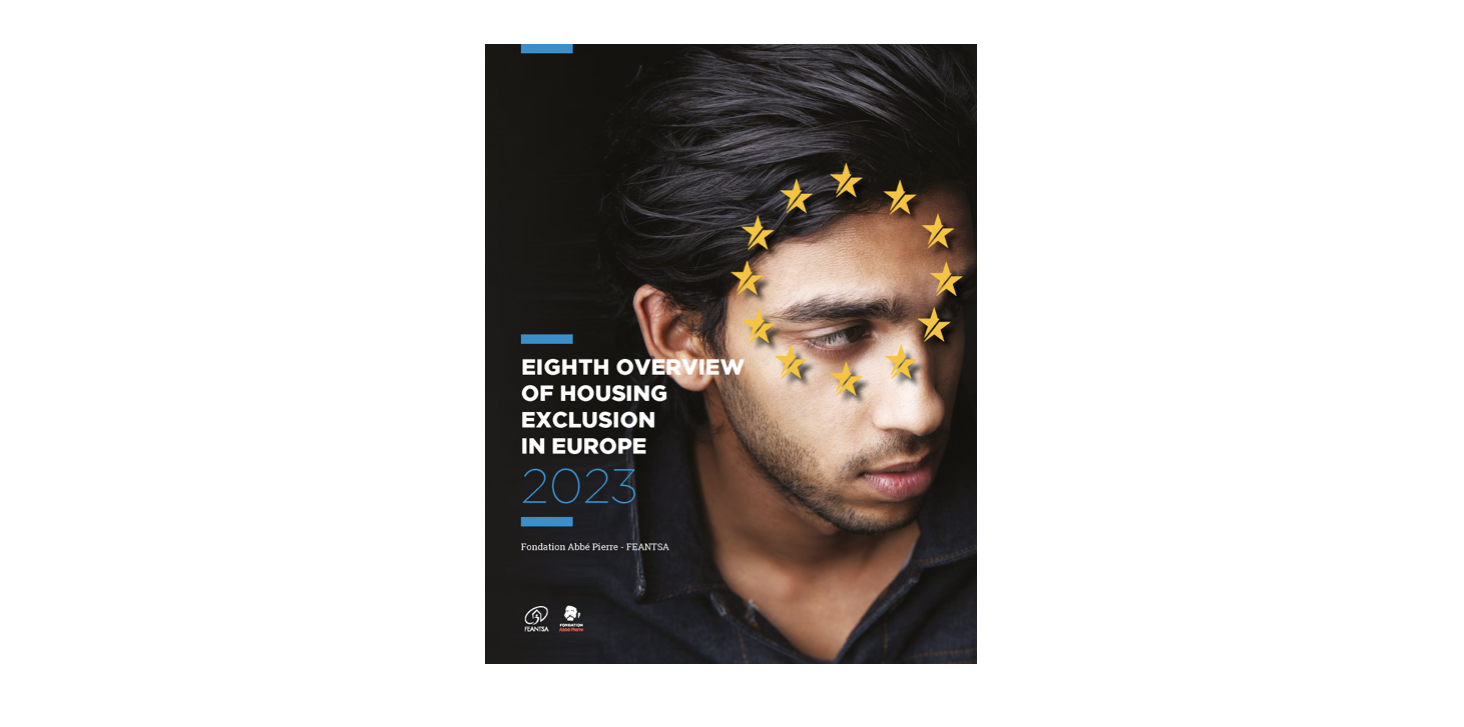The latest joint report by FEANTSA and the Abbé Pierre Foundation puts the number of people experiencing homelessness living in the territory of the European Union and the United Kingdom at least 895,000 people, half of a Budapest-sized city. The previous data of the two organizations from 2019 was 700,000, which equals an increase of almost 30 percent in just 4 years. Improvements were achieved only in Denmark and Finland.
Their report, also summarized in the Guardian, highlights that, in addition to the general housing crisis in Europe, the increase in energy prices and inflation, as well as the refugee crisis caused by the Russian-Ukrainian war, all contributed to the frightening rise. An also important methodological aspect is that this figure only represents the most visible form of homelessness, i.e. homeless persons living on the streets, in homeless shelters, or temporarily in some kind of subsidized housing. It did not take into account those who live in overcrowded or unfit properties for decent housing. Together with the latter, they would have concluded in much higher numbers in all European countries, including Hungary.
The researchers calculated their results from the available official state administration or research data from each country. Only those data were considered that were supported by real surveys or measurements, so the above number represents the actual minimum measures. The report includes 6,944 people as Hungarian data, which is the same as the number of respondents who completed the February 3rd questionnaire in 2022, as no other national data is available. (The annual survey of the February 3rd Working Group celebrates its 25th anniversary this year, and during this timeframe, it can present national tendencies in homeless care as a unique tool in Europe.)
At the end of the report, the authors call to action in two areas: on the one hand, the platform established by the Lisbon Declaration must be supplemented with concrete (national level) action plans and coordinated steps in Europe, and on the other hand, a socially just housing renovation program must be launched to prevent the displacement of low-income people from adequate housing. The Guardian article also adds that, according to a survey by the European statistical office, Eurostat, around 20 million people in the EU currently suffer from housing deprivation. The latter means features such as pitched roofs, windowless rooms, and the lack of indoor toilets or hygienic facilities.
